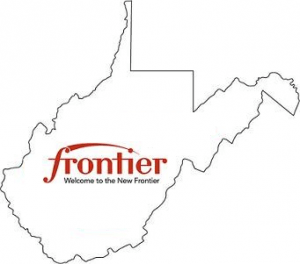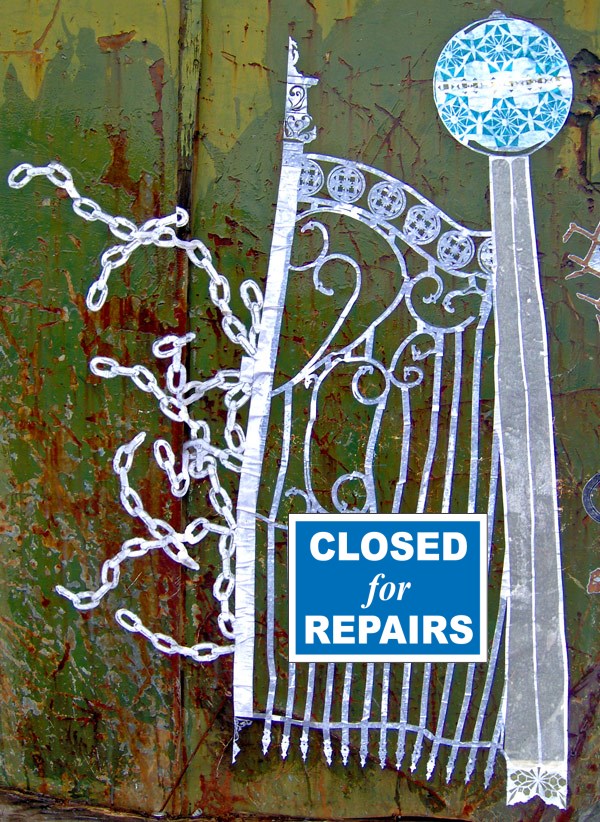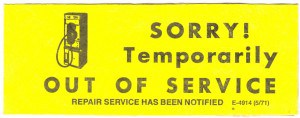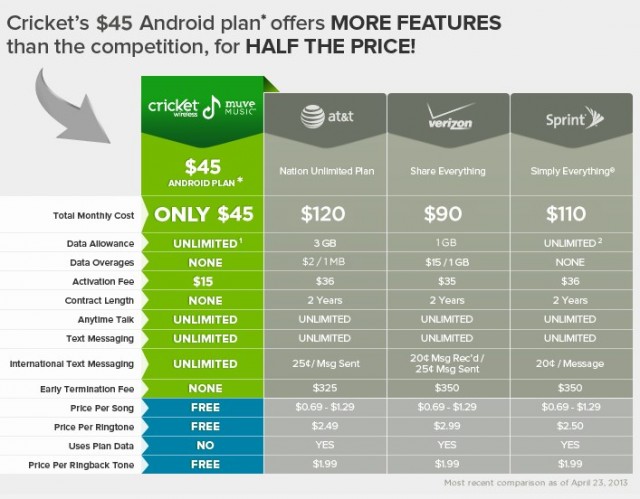 Back in the fall of 2010, British billionaire Alki David fired a salvo against major broadcast networks in the United States and United Kingdom with the introduction of FilmOn, an online cable system offering unlimited viewing of broadcast networks from both countries for around $10 a month. By early 2011, lawsuits from various networks forced the removal of the most-watched channels, and most of the incentive for subscribers to keep paying for the service.
Back in the fall of 2010, British billionaire Alki David fired a salvo against major broadcast networks in the United States and United Kingdom with the introduction of FilmOn, an online cable system offering unlimited viewing of broadcast networks from both countries for around $10 a month. By early 2011, lawsuits from various networks forced the removal of the most-watched channels, and most of the incentive for subscribers to keep paying for the service.
But David has never given up on FilmOn, and borrowing a page from Aereo’s business plan, he has brought back most of the major American networks on his relaunched platform, dubbed AereoKiller.
The company claims it is now using individual over-the-air antennas to receive broadcast stations from the New York or Washington, D.C. area, selling 24/7 streaming access for $9.99 per month or $99 a year. DVR service is sold at prices ranging from $2.95 a month to $190 a year, depending on the number of hours recorded.
Among the stations included:
New York
 WCBS (CBS)
WCBS (CBS)- WNBC (NBC)
- WNYW (FOX)
- WABC (ABC)
- Bounce TV (via WWOR subchannel)
- WPIX (CW)
- WNET (PBS)/WNET-Kids
- WNJU (Telemundo)
Washington, D.C.
 WRC (NBC)
WRC (NBC)- WTTG (FOX)
- WJLA (ABC)
- WUSA (CBS)
There seem to be no geographic restrictions to prevent out of area viewers from subscribing, and FilmOn offers viewing on the desktop, as well as through iOS and Android apps.

David
FilmOn may have avoided streaming west coast stations because a California court found in favor of broadcasters who sued to shut down the operation three years earlier. But it ultimately will not keep David’s upstart service out of the courts in the east.
Last week, three major television networks and Washington, D.C. station owner Allbritton Communications filed suit against FilmOn for streaming signals from the nation’s capital without permission.
Based on the track record of earlier ventures, customers may want to avoid subscribing at the annual package price. Historically, broadcasters have fought and won temporary restraining orders that block the streaming services until the case makes its way through legal proceedings. Aereo, which streams New York area television stations exclusively to New York City customers has proven the exception and continues to run, at least for now.
Broadcasters consider stopping “dime-sized” antenna farm streaming services like Aereo and AereoKiller a top priority, because networks and local stations earn lucrative retransmission consent rights fees from cable, satellite, and telco-TV providers used by at least 90 percent of the viewing audience. Should these alternative technologies be found legal and not in violation of copyright, pay television providers could potentially license and incorporate similar technology into their respective set-top boxes and avoid paying license fees to station and network owners.
[flv width=”640″ height=”380″]http://www.phillipdampier.com/video/FilmOn Introduction 5-13.mp4[/flv]
FilmOn’s introductory promotional video features some boastful claims from founder Alki David that are perhaps more wishful thinking than reality, but PlayOn has persisted despite broadcaster lawsuits by creating and distributing original live and recorded programming. (8 minutes)


 Subscribe
Subscribe All Arcadia, N.Y. town supervisor Dick Colacino wanted was for Time Warner Cable to consider using some of their profits to expand their cable system by one or two roads a year to offer service where it has earlier refused to go.
All Arcadia, N.Y. town supervisor Dick Colacino wanted was for Time Warner Cable to consider using some of their profits to expand their cable system by one or two roads a year to offer service where it has earlier refused to go. Time Warner representative Chris Mueller says the cable operator has already cut that benchmark to 20 miles per home, but areas remain that do not meet even that reduced standard. Without an appropriate return on investment within a certain time frame, Time Warner Cable won’t wire those areas for service.
Time Warner representative Chris Mueller says the cable operator has already cut that benchmark to 20 miles per home, but areas remain that do not meet even that reduced standard. Without an appropriate return on investment within a certain time frame, Time Warner Cable won’t wire those areas for service. Despite findings from an independent consultant that reported West Virginia wasted millions on a broadband expansion effort that effectively built a private, taxpayer-funded fiber network for Frontier Communications, the governor’s office abruptly canceled a 2011 follow-up state audit of the $126.3 million project.
Despite findings from an independent consultant that reported West Virginia wasted millions on a broadband expansion effort that effectively built a private, taxpayer-funded fiber network for Frontier Communications, the governor’s office abruptly canceled a 2011 follow-up state audit of the $126.3 million project. Among ICF’s findings:
Among ICF’s findings: A major critic of the broadband stimulus program in West Virginia, Citynet President Jim Martin, has long said the broadband project was primarily going to benefit Frontier.
A major critic of the broadband stimulus program in West Virginia, Citynet President Jim Martin, has long said the broadband project was primarily going to benefit Frontier. “I will be dead in the ground before Verizon gets around to restoring my phone line, and I have been their customer for 72 years,” says Irene, 95, one irate now-ex Verizon customer in New Jersey.
“I will be dead in the ground before Verizon gets around to restoring my phone line, and I have been their customer for 72 years,” says Irene, 95, one irate now-ex Verizon customer in New Jersey. Irene’s great-grandchildren visit with cell phones in hand and cannot understand why Irene still bothers with her home phone, and the family purchased her a cell phone for Christmas to use in the interim but Irene has thrown it in a drawer.
Irene’s great-grandchildren visit with cell phones in hand and cannot understand why Irene still bothers with her home phone, and the family purchased her a cell phone for Christmas to use in the interim but Irene has thrown it in a drawer. Cricket wants to convince you that paying AT&T or Verizon $90-120 a month for a cell plan with unlimited calling, texting and a 1-3GB data plan is too much, because it can sell you an “all-unlimited plan” for $45.
Cricket wants to convince you that paying AT&T or Verizon $90-120 a month for a cell plan with unlimited calling, texting and a 1-3GB data plan is too much, because it can sell you an “all-unlimited plan” for $45.